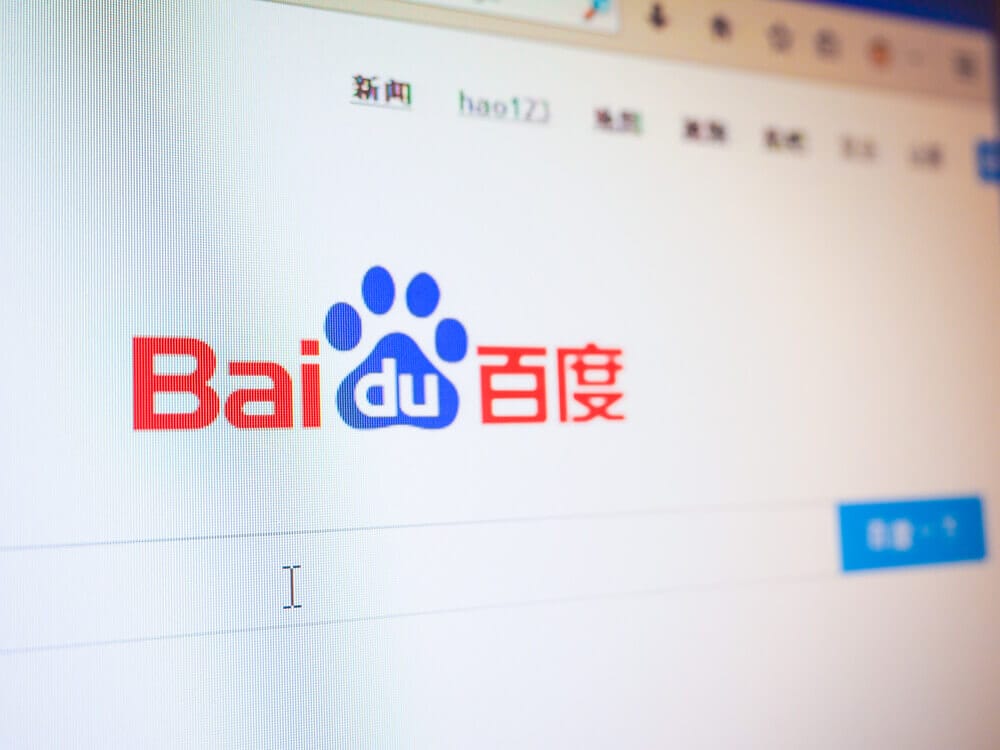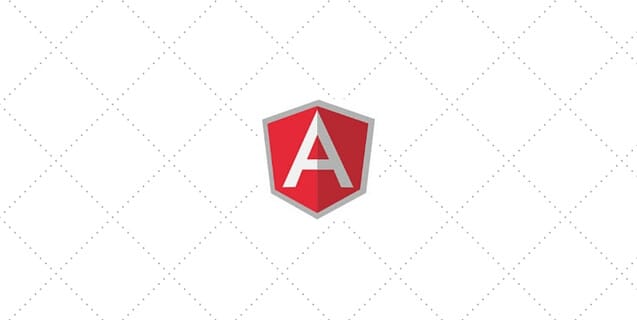SEO

For everyday users, the thought of internet security usually brings up images of guarded underground server farms, nefarious hackers in a basement pounding Funyuns and Code Red, or eccentric shut-ins in foil hats. But the reality of online security is far less theatrical. Recent legislative changes to the FCC’s Rules to Protect Broadband Consumer Privacy have dramatically increased search interest around VPNs for users concerned with their online security. This recent shift as a means…
Read More
In 2016, China held the title for the largest population of internet consumers, reporting a total of 721 million users. To put that number in perspective, almost one-quarter of the world’s internet users now live in China. While Google maintains its status as the most popular search engine in the US (and many other countries), Baidu is still the undisputed leader when it comes to Chinese search. Data from 2015 shows Baidu claiming a whopping…
Read More
The Why of Categories Every good webpage has a purpose. It lets the user *do* something. Before we can make a great ecommerce category page, we need know why we make them. They exist on all ecommerce sites, but for what purpose? Their ultimate goal is to get a visitor to buy a product, but if gaining conversions were that simple, we could argue categories are unnecessary. Only a few visitors will…
Read More
Tl;dr: Google passes PageRank value for all 30x redirects like they do for 301 redirects Google Is Treating Redirects Differently Getting the right kind of redirects can be tricky. Historically, we’ve recommended 301 permanent redirects for 99% of page moves. We did this because it was the right redirect for the situation, and the best way to quickly transfer over earned value from one URL to another. But now, we have a Google redirect update….
Read More
Updating your website involves cleaning house, and you may have the urge to simply delete pages you think have become too old or outdated. But before you click any web pages off into oblivion, it’s imperative to know their traffic value, link value, popularity, and history. Just because a page is old doesn’t mean its content isn’t still valuable with your visitors and Google alike. Organic Traffic Value You may want to hang on to…
Read More
I launched an AngularJS redesign on a large-scale ecommerce site in late 2015– just two short weeks after Google announced the death of the Ajax crawler. As we launched there was no documentation on how a Googlebot would understand that site. We knew we didn’t need escaped fragment URLs, but did we need to pre-cache #! versions of URLs? Our team didn’t have the bandwidth and our system couldn’t handle the tech debt pre-caching would…
Read More
Until recently marking up products on a category page were seen as abuse of structured data and you could lose all your rich snippets for doing it. Now, Google actually wants you to use Rich Snippet Markup as part of the SEO for your Ecommerce website. We are going to look at what changes, what it means for shopping sites, and best practices for taking advantage of this new option for rich snippet markup. Webmaster Support Guidelines…
Read More
An orphan page is a webpage that is not linked to from other pages. It’s floating in webspace, can be hard to get to, and sometimes hard to navigate from. Yet, the fact of the matter is, sometimes orphan pages are needed. Landing or unindexed pages can create a valuable user experience when used correctly. But make sure you monitor and clean up orphan pages that no longer serve a purpose. Having useless orphan pages…
Read More
A new website launch is an ideal time to showcase a revamped strategy, user interface, and design – or it could be a move that leads to significant losses in organic traffic to your site. As if a new website launch isn’t stressful enough, we’ve seen companies suffer catastrophic losses when SEO is not properly built into their website launch plan. If you’ve been through a website relaunch before, you know. The ever-moving launch date. …
Read More
Do you remember being out and about in town, or perhaps even while visiting a new city on vacation, when someone suggested calling ‘4-1-1’ to locate a nearby business … from a payphone? Just thinking about that – I mean, wow! These days, you can barely even find a payphone, let alone use one to dial ‘Information.’ Consider how far ‘local search’ has evolved in a relatively short amount of time. Back in the day,…
Read More